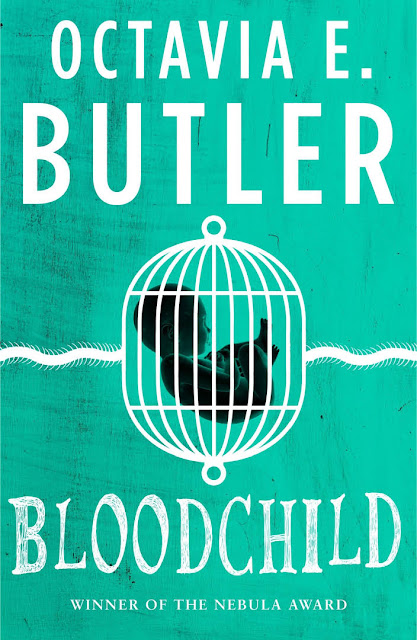Old Geezers vs. Cocky Newbies
There’s only one thing that’s as old as the gods—sex
and war. And there’s plenty of that in Neil Gaiman’s American Gods, where the gods of old struggle against the new wave
of technology-empowered gods.
Mythology is adapted to modern day in the portrayal of
gods on both sides of the war. For example, Anansi, the West African god
associated with spiders, is an old man with yellow gloves and a sports jacked named
Mr. Nancy. I appreciate the inclusion of gods from around the world, as they
are true to America’s diverse population.
Firstly, it seems only fitting that Thoth, Egyptian
god of writing, and Anubis, god of death and embalming—now Mr. Ibis and Jacquel—run
a funeral home in Cairo, Mississippi. Both men are named after animals sacred
to their gods. Mr. Ibis has a gift with words, writing detailed accounts of the
deceased, while Jacquel’s job is to “…kick the corpse” (Gaiman 176).
Of course, they have a cat, suspiciously similar to
Bastet, goddess of cats and the home, who visits Shadow in a dream as a human and—let’s
just say—shows him why she’s associated with fertility.
Plus, Gaiman’s interpretation of the Jinn, spirits
thought to be evil in Islamic mythology, reflects modern values. The Jinn,
struggling to make a living as a male taxi driver, sleeps with Salim, a
depressed salesman. While the LGBTQ community isn’t entirely accepted, the
world has evolved to create many welcoming spaces. Since Jinn can assume any
human shape, it would only make sense that they have the capacity to be LBGTQ.
Religion has been used to oppress others, like the
idea of the Jinn in the book, The Love
and Lies of Rukhsana Ali, but by reinterpreting the myth, Gaiman not only
gives the Jinn a modern perspective, but creates a sense of normalcy around
LGBTQ life. (Gay people can get screwed over by demons, too!)
Lastly, the powerful Norse trickster god Odin’s modern
definition is a scammer named Wednesday. The man charms blondes into sleeping
with him and runs an effective yet simple ATM scam. Odin is associated with
war, so it makes sense that Wednesday rounds up the gods from the past to fight
the new gods.
But the fact that Wednesday sleeping with a
17-year-old virgin disturbs Shadow (and the reader, or at least me) shows the shift
in values between past and modern day.
On the other hand, these new gods are not a reinterpretation
of mythology but represent what present mythology would be. The fat,
acne-riddled kid in the limousine, a depiction of technology, comes across as cocky
and indulgent. As we discussed in class, gods, like most forces in today’s
world, have their own plans. They don’t care about you. A possible message from
Gaiman’s gods is that just because the old gods are outdated doesn’t mean we
can’t learn from the past. But we also must be weary of who we trust as the
world matures.



Comments
Post a Comment